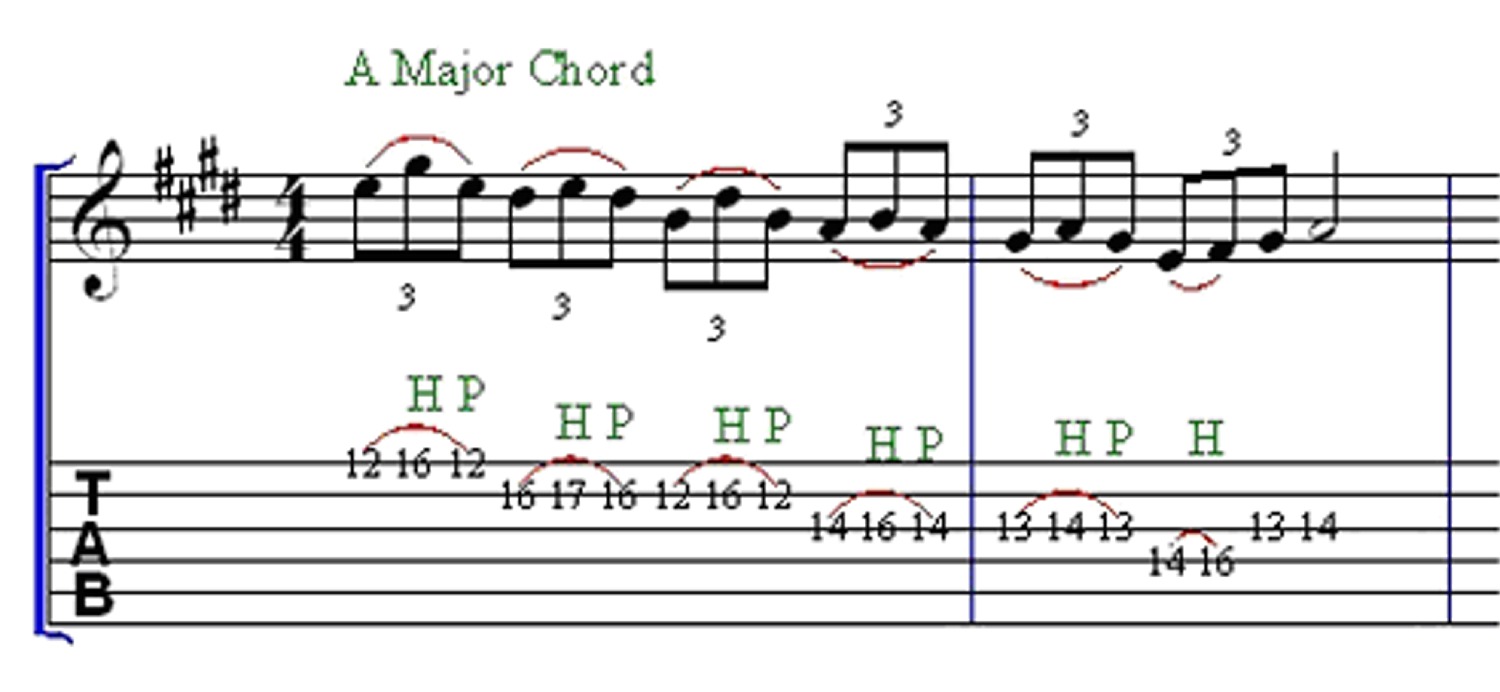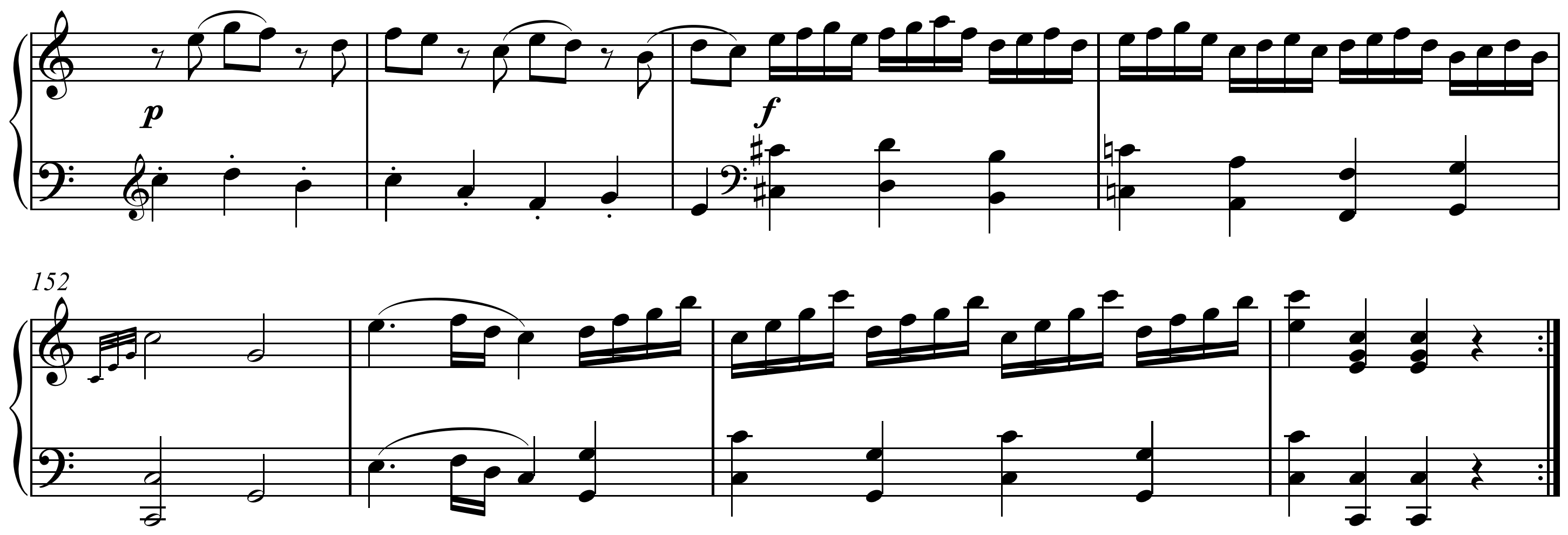
While the family in the well-meaning original were played by hearing cast members (with the exception of the brother brought to life by deaf actor Luca Gelberg), they are all portrayed by real-life deaf performers in Heder’s movie-a sensational group consisting of legendary Oscar winner Marlee Matlin, scene-stealing Troy Kotsur and Daniel Durant-infusing her adaptation with a rare, inherent kind of authenticity. What’s new here-and it makes all the difference in the world-is the cast.

Played by the exceptional Emilia Jones (who is blessed with Grade-A pipes), the gifted young girl in question here happens to be one, navigating the intricacies of her identity, passions, and familial expectations, trying to reconcile them without hurting anyone’s feelings, her own included.Īdmittedly, “CODA” is adapted from the French film “La Famille Bélier,” so the idea of it isn’t entirely novel. But by twisting the formula and placing this recognizable story inside a new, perhaps even groundbreaking setting with such loving, acutely observed specificity, she pulls off nothing short of a heartwarming miracle with her film, the title of which is an acronym: Child of Deaf Adult. It’s not that Heder doesn’t embrace the aforesaid conventions for all their comforting worth-she does. It’s popular in Mexico and Colombia.Caring, boisterous, and adorned with the hugest of hearts, “CODA” will prove you wrong. Amarrado → It’s another popular and informal word to say ‘cheap’, ‘stingy’ and ‘tight-fisted’.Agarrado → In Argentina, Mexico and Venezuela, ‘agarrado’ is an informal adjective that describes cheap people.Avaro → This is the standard and direct translation of ‘cheap’, ‘tight-fisted’ and ‘stingy’.It’s used to describe people that are not very generous with money. Tacaño → It’s the direct translation of ‘cheap’ or ‘stingy’.When dealing with the slang meaning, make sure you use it in informal situations and in Latin American Spanish speaking countries. Who Can You Use ‘Codo’ & ‘Coda’ With?Īs a synonym of ‘elbow’, ‘codo’ can be used with all people and in all types of situations. Take Note: In informal situations, ‘me duele el codo’ is a slang phrase that expresses that a person is feeling reluctant to spend money on something because it’s either too expensive or not worth it. Remember that you can also use these adjectives in expressions built with ¡qué…!Īre you really going to buy that? You’re so cheap! To be honest, I’m very cheap and I don’t like to spend moneyīeatriz y Leo son muy codos y siempre compran lo más baratoīeatriz and Leo are very stingy and always buy the cheapest La verdad yo soy muy coda y no me gusta gastar dinero No le pidas dinero a Paco, ya sabes que es muy codoĭon’t ask Paco for money, you know that he’s very tight-fisted This meaning is very popular in the following Spanish speaking countries: As a result, they need to match the gender and the number of the person you’re describing. ¿Te duele el codo? Deberías ir a que te revisenĭoes your elbow hurt? You should go to get checked To describe a cheap personįor this context, ‘codo’ and ‘coda’ work as slang Spanish adjectives. Notice that in this situation, ‘codo’ works as a masculine noun.
#MEANING OF CODA HOW TO#
Here are some real-life examples of how to use ‘codo’ and ‘coda’ in a Spanish sentence.
#MEANING OF CODA FOR FREE#
Get It For Free Examples on How to Use ‘Codo’ & ‘Coda’ Additionally, if you’re describing a woman, you need to use the feminine for coda. As a result, it means ‘cheap’, ‘stingy’, ‘tight-fisted’ or ‘miserly’. In Latin American Spanish speaking countries, ‘codo’ can be used in informal situations to refer to a very ungenerous person that has issues to spend or give money. Since in Spanish ‘elbow’ is a masculine noun, in this context, ‘codo’ doesn’t have a feminine form.

When talking about body parts, ‘codo’ is the Spanish word for ‘elbow’.


 0 kommentar(er)
0 kommentar(er)
